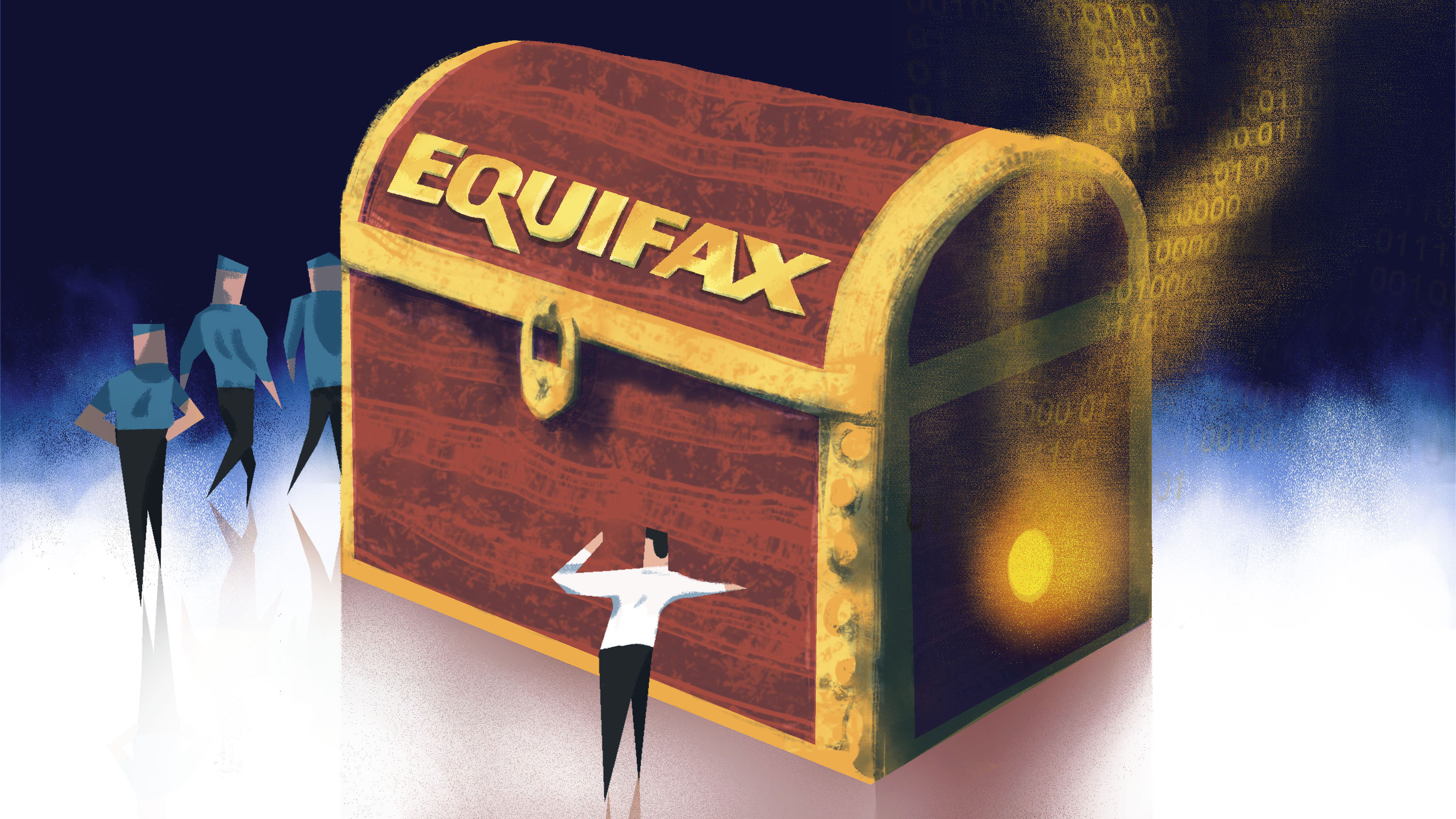An analysis of an MS office document exploiting a zero-day flash player vulnerability (CVE-2018-4878)
Credit to Author: Quick Heal Security Labs| Date: Wed, 07 Feb 2018 13:59:42 +0000
Important update! Adobe Systems released a critical security update on 6.02.2017 to fix the vulnerability discussed in this post. We recommend you to apply the update immediately. Summary of the vulnerability CVE-2018-4878 is a use-after-free vulnerability present in Adobe Flash Player 28.0.0.137 and its earlier versions are being exploited in…
Read More
